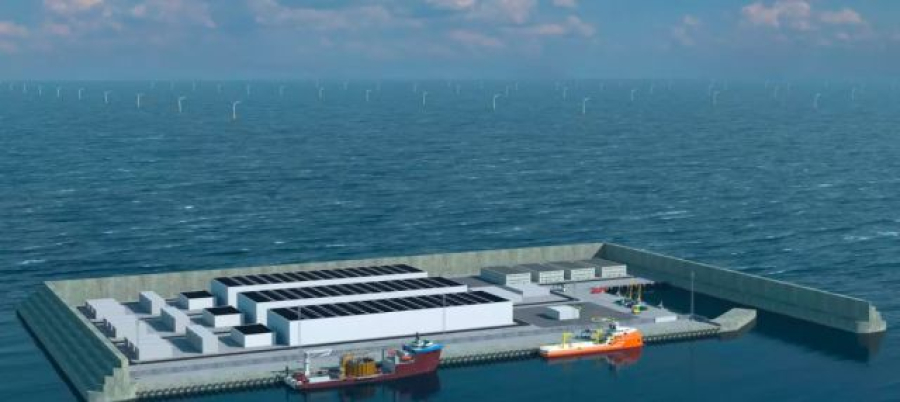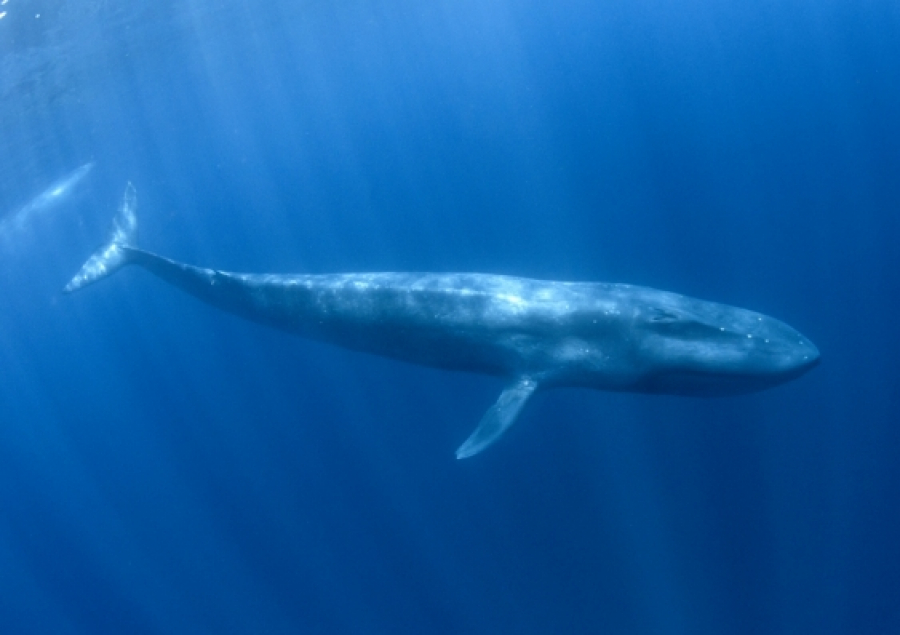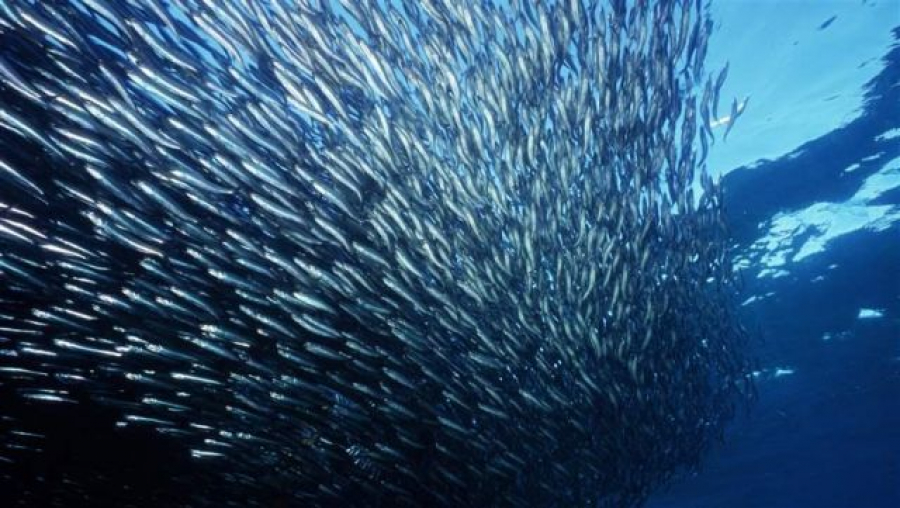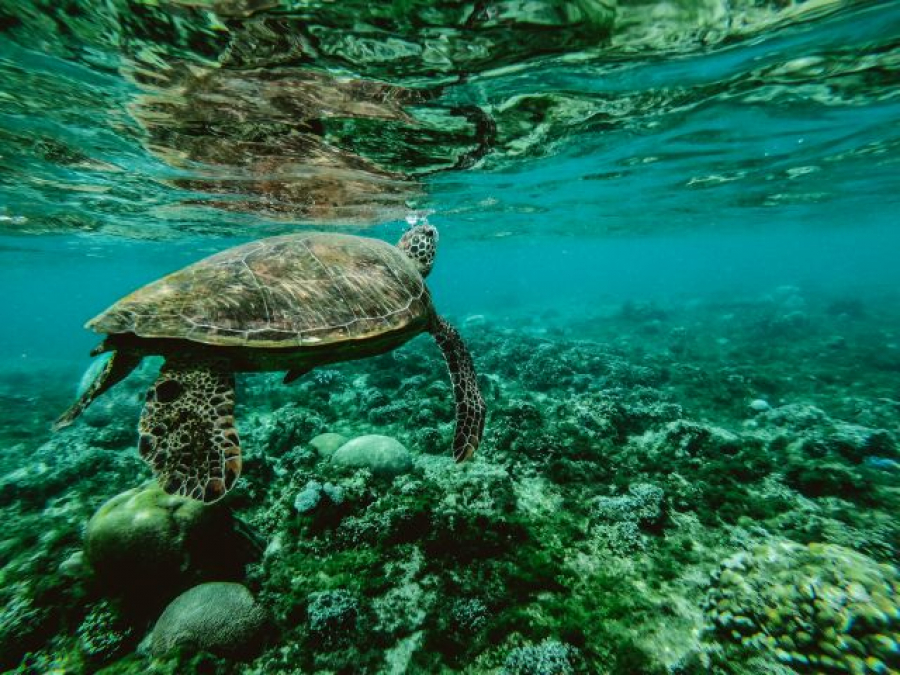Denmark, the nation that built the world’s first offshore wind farm, has agreed to an ambitious plan for another global first – an energy island in the North Sea which could eventually be capable of supplying energy to a history-making 10 million homes. The move will create a critical boost to the world’s offshore wind capacity. The first “hub and spoke” energy scheme will involve building an island 80 kilometres…
Bots that attract small pieces of plastic waste could one day help remove the millions of microplastics floating in the sea. A fish-shaped robot that can collect tiny pieces of plastic waste has been developed by scientists at Sichuan University, China. The bot uses light from a laser to flap its tail side-to-side and has a body that can attract molecules found on microplastics, causing them to stick to it…
Friday, 13 May 2022 16:02
How Much Is the Ocean Worth?
Putting a price tag on the ocean might just save it. A few years ago, Ralph Chami, a financial economist with the International Monetary Fund (IMF), was on a boat in Mexico’s Sea of Cortez with researchers studying blue whales. He knew nothing about the whales—only that seeing them in the wild was on his “bucket list”—but the moment Chami saw his first blue whale surface next to their boat,…
Saturday, 30 April 2022 12:34
Little Fish - Big Impact
When anchovies mate, they stir the ocean and spur a healthy ecosystem, study finds Researchers found that the frantic movement of anchovies during their spawning season has a significant impact on ocean turbulence. It's not about the size of the fish -- it's about the motion in the ocean. A new study led by Southampton University researchers has found that when some species of fish get frisky, their activity causes…
Why using the oceans to suck up CO2 might not be as easy as hoped The world’s oceans are amazing carbon sponges. They already capture a quarter of human-produced carbon dioxide when surface waters react with the greenhouse gas in the air or marine organisms gobble it up as they grow. Their effectiveness has prompted growing hopes that we could somehow accelerate those natural processes to boost the amount the…
In the coming years, it is thought that water will become a more important geopolitical resource than crude oil with demand set to rise more than 50 percent by 2030. As climate change and higher consumption dry up already scarce water supplies, especially in the Middle East and North Africa region, the risk of conflict over this vital resource also increases. The Swiss Agency for Development and Cooperation (SDC) hopes…



















